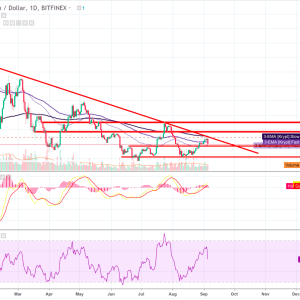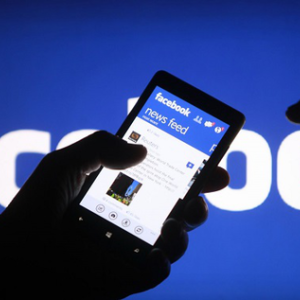Blockchain euphoria is offering an approach blockchain exhaustion: Despite the hype, just 1% of executives in a study announced deploying the technology at their organizations. And whereas corporate management stays optimistic regarding distributed ledgers, mentions of “blockchain” are on the decline throughout earnings conference calls.
In any case, IBM, which has roots returning over 100 years, still thinks the technology that supports bitcoin has undiscovered potential.
Blockchain is a sort of carefully designed database for monitoring pretty much anything. IBM has around 1,600 representatives taking a shot at such tasks, and is driving other technology organizations regarding investment and headcount, as per Marie Wieck, general manager for IBM Blockchain. The Armonk, New York-based organization thinks promising utilizations incorporate supply chains and finance. And keeping in mind that the general population's relationship with blockchain is hinting at disseminating, Wieck still figures the technology could be as transformative for organizations processes as the internet has been for personal ones.
Organizations are exploring different avenues regarding blockchain technology, however 90% of these tests will fail to become a part of their real tasks, as indicated by Bloomberg, refering to Forrester Exploration. A few ventures are lessening aspirations for their pilot tests, while others will before long be shut down. "We anticipate we'll see some genuine pruning of tasks in 2018," Forrester composed a year ago.
Hurrying into a blockchain venture dangers turning into a a wasted investment, frustrating teams that may reject the “game-changing technology,” according to David Furlonger, an expert at Gartner. One of the difficulties is finding qualified architects, and around 75% of chief information officers said their organizations have no enthusiasm in distributed ledger technology or no plans to investigate or create these systems, as per a Gartner survey.
In any case, technology adoption requires significant time. The likes of email and the World Wide Web depend on the TCP/IP convention that was concocted in 1972, however didn't discover widespread use until the point when the web truly got hold with the general public in the 1990s, as per the Harvard Business Survey. The publication wrote a year ago that, also, blockchain's transformation of government and organizations is numerous years away. But since it's a " foundational technology " creating the basis for other different utilizations and applications, the effect could be tremendous in the coming decades.
The blockchain is a " team sport,” IBM’s Wieck says. A distributed ledger is basically a database that is shared and synchronized over a system of PCs, which confirm that the database is exact. While it requires investment to construct a ecosystem, Wieck says the specialists who have got their hands messy in the technology can quickly observe its esteem. Blockchain has developed from corporate "tourism" in 2016 to real live systems this year, however, the tipping point is as yet a couple of years away, she says.
Still, not all things need a blockchain—a plain old database will often do the trick. Wieck argues that blockchain, which resembles completing a crossword puzzle in ink, can be a superior choice with regards to protecting a historical record of data over time for things like shipping. The traceability is available in real time, without having to depend on a third-party who may have a conflict of interest. The system’s redundancy may likewise give included security.
In spite of the fact that research firms have turned out to be more skeptical about blockchain in the near term, they recognize "Amara's Law" that individuals likewise tend to underestimate technology over longer periods. Gartner forecasts that blockchain technology will include $176 billion of business value by 2025, and more than $3.1 trillion by 2030.
To know more on Cryptocurrency and Blockchain events, follow us on Facebook, Instagram, Twitter, LinkedIn, Reddit and we are also on Medium now.


![Rogue Qiwi Employee Mined 500,000 Bitcoins on Company Hardware [Then Lost Them All]](https://images.cryptocompare.com/news/ccn/c4xfy_wc4f3.jpeg)











